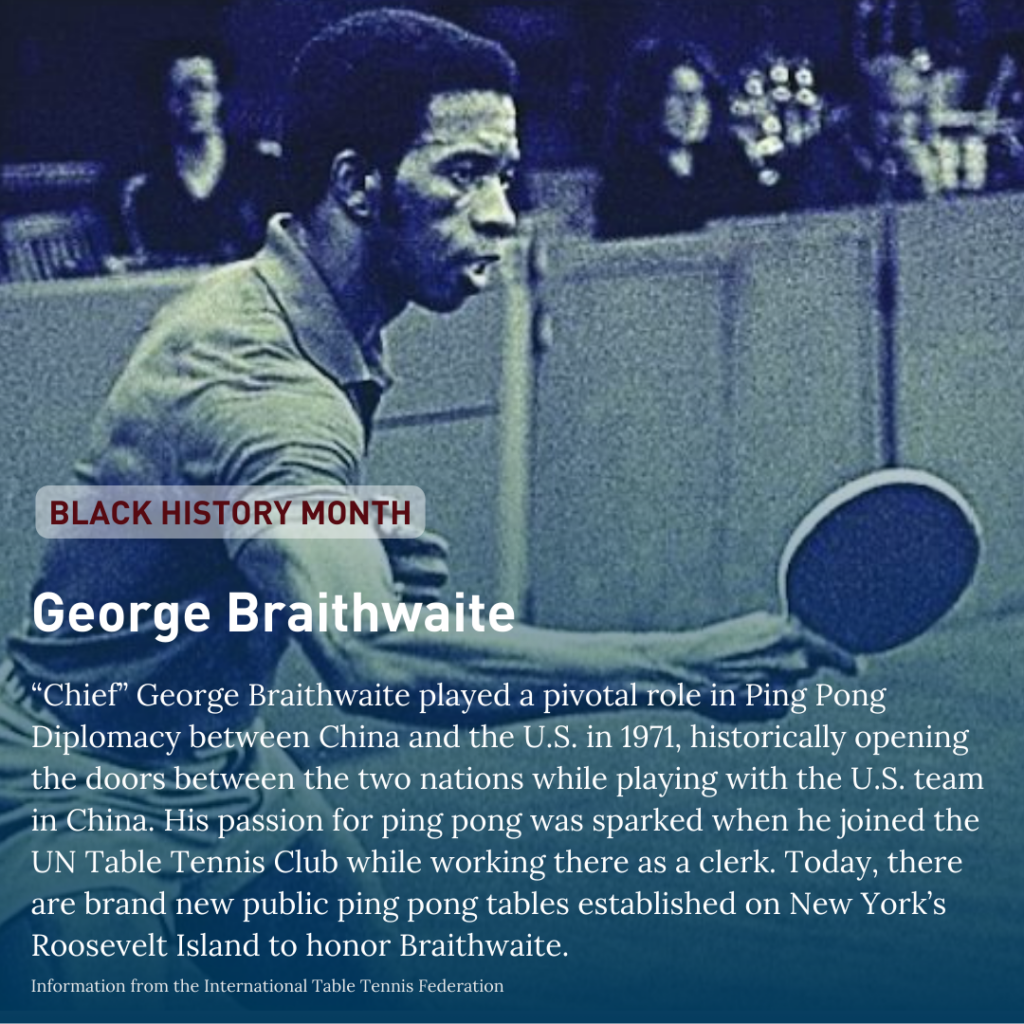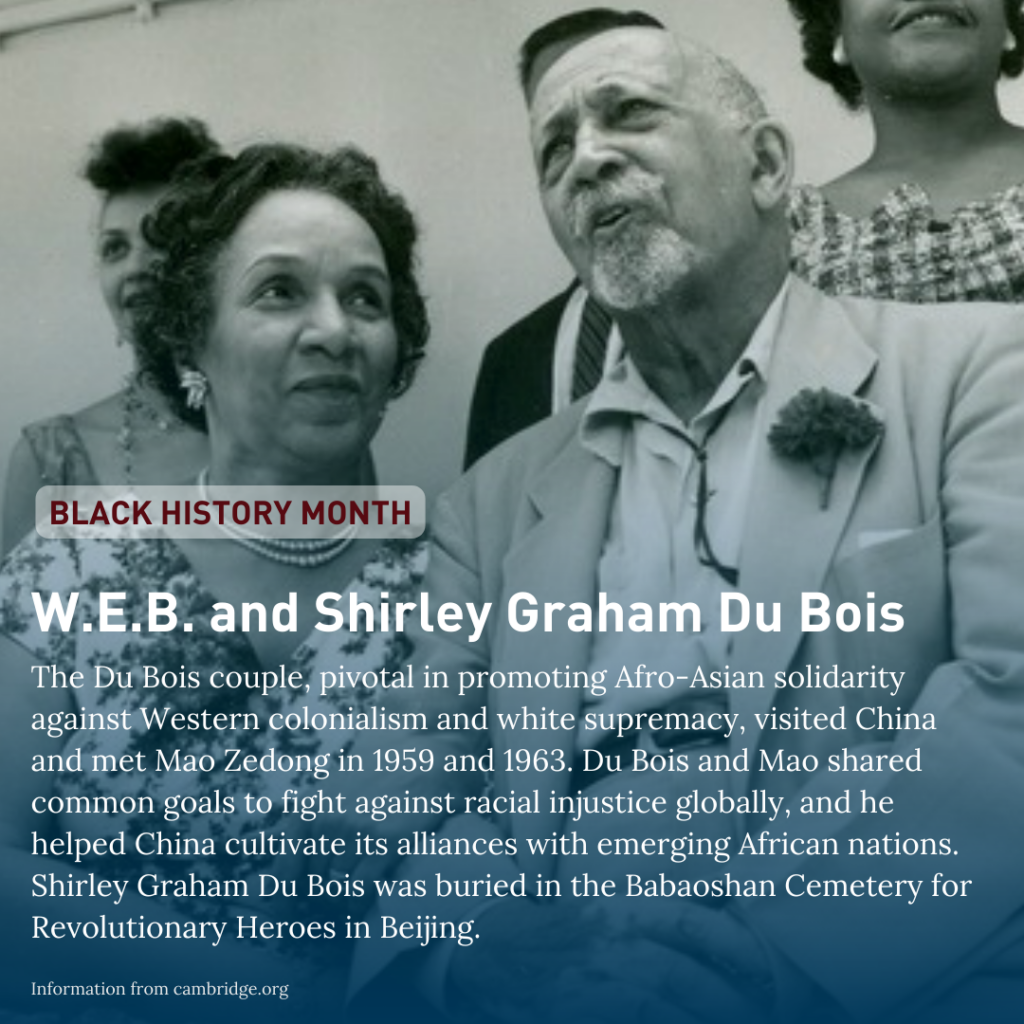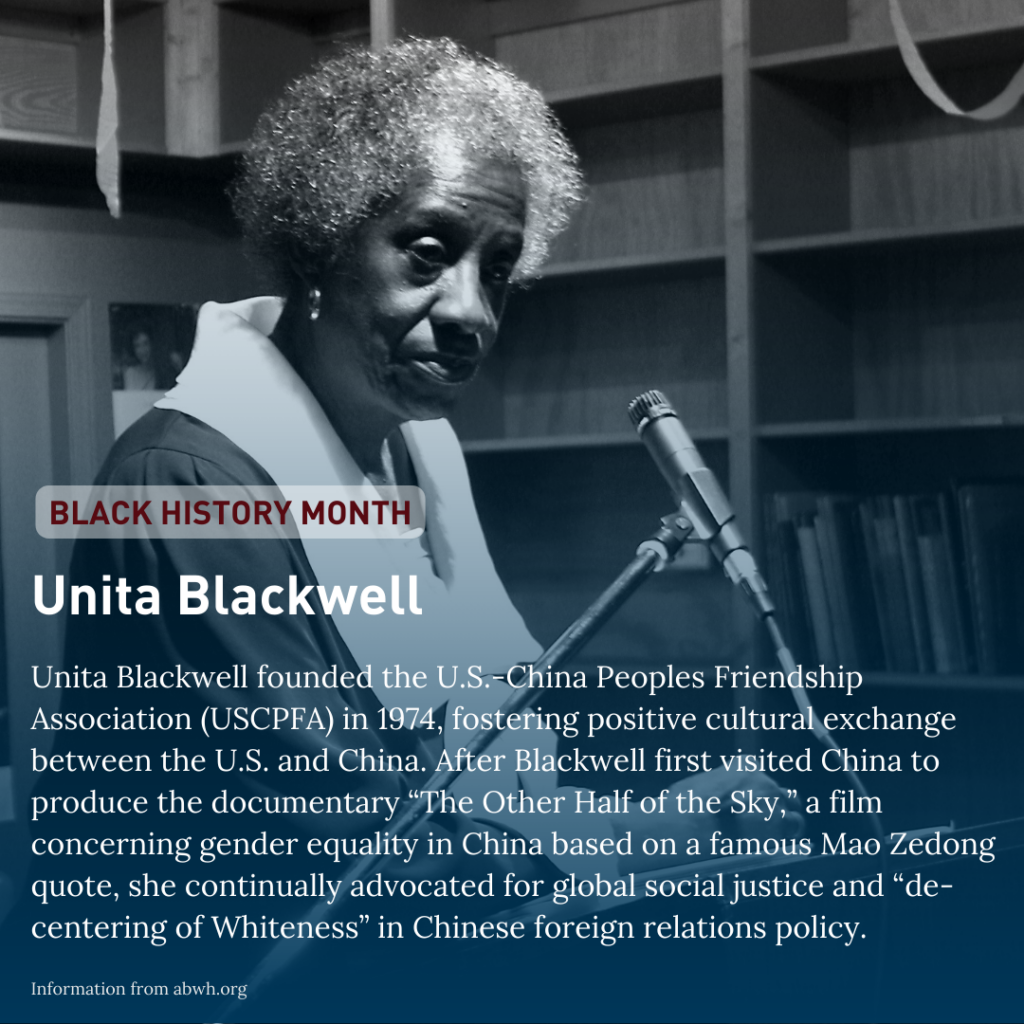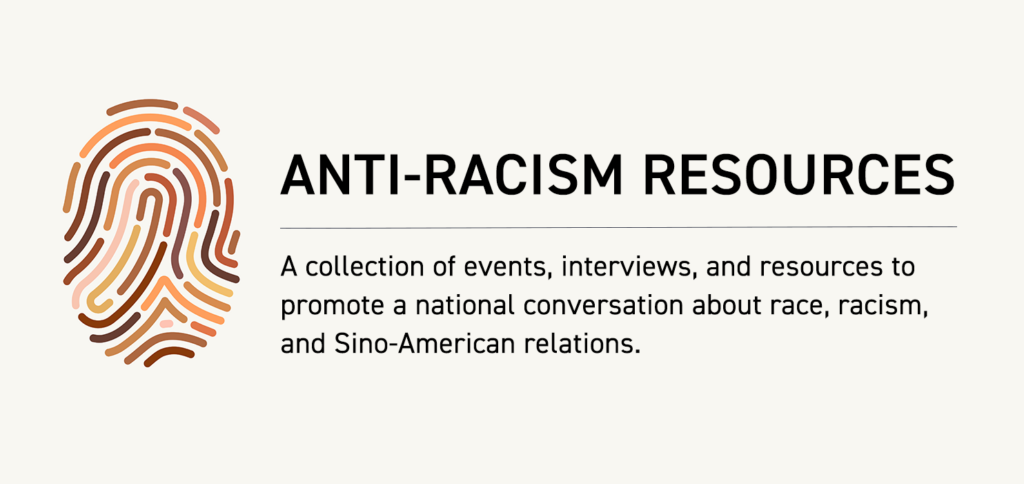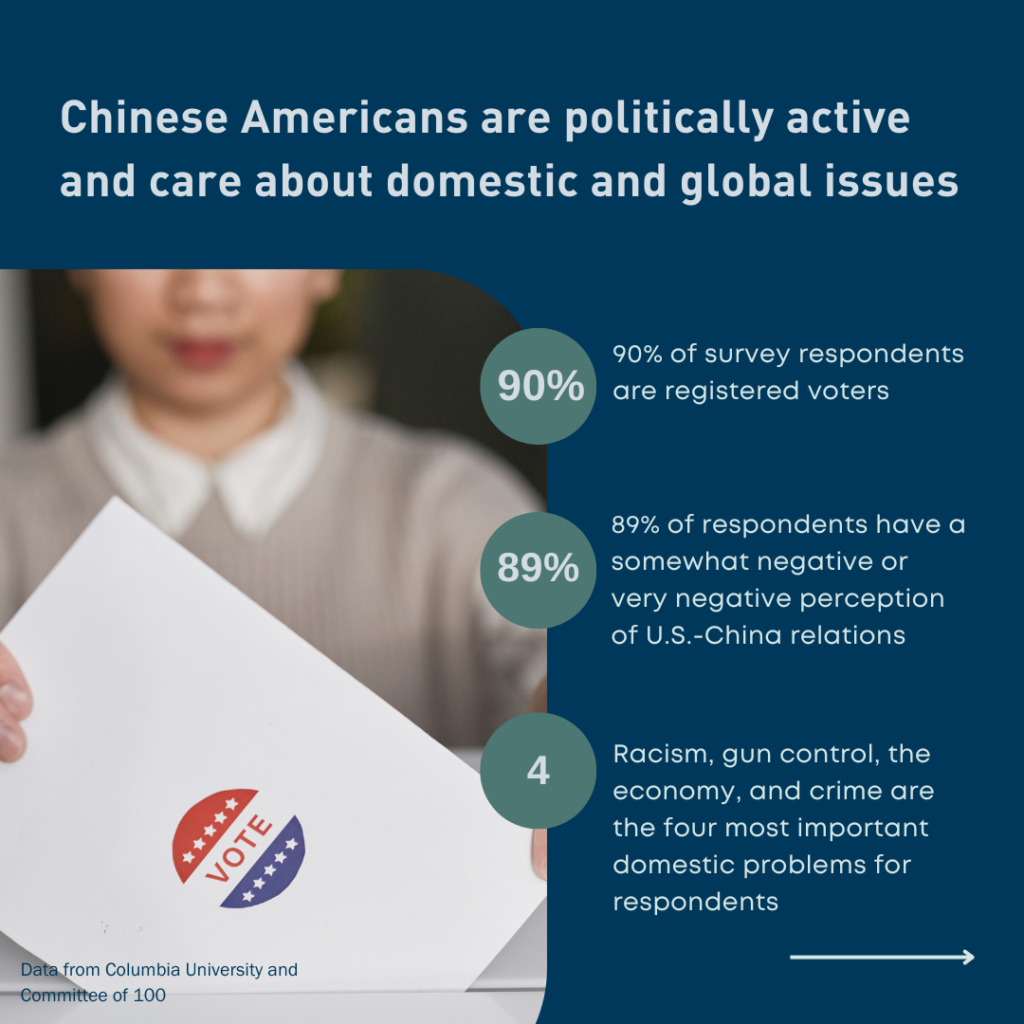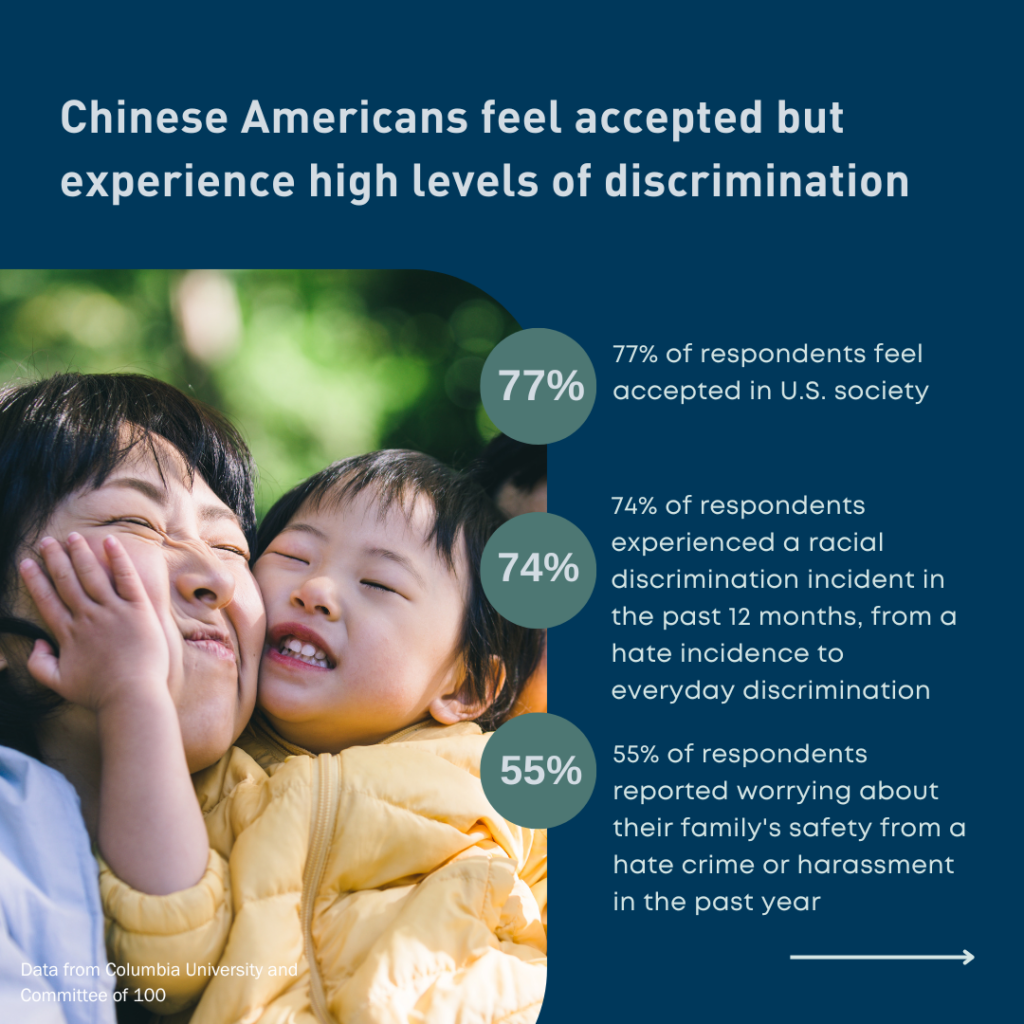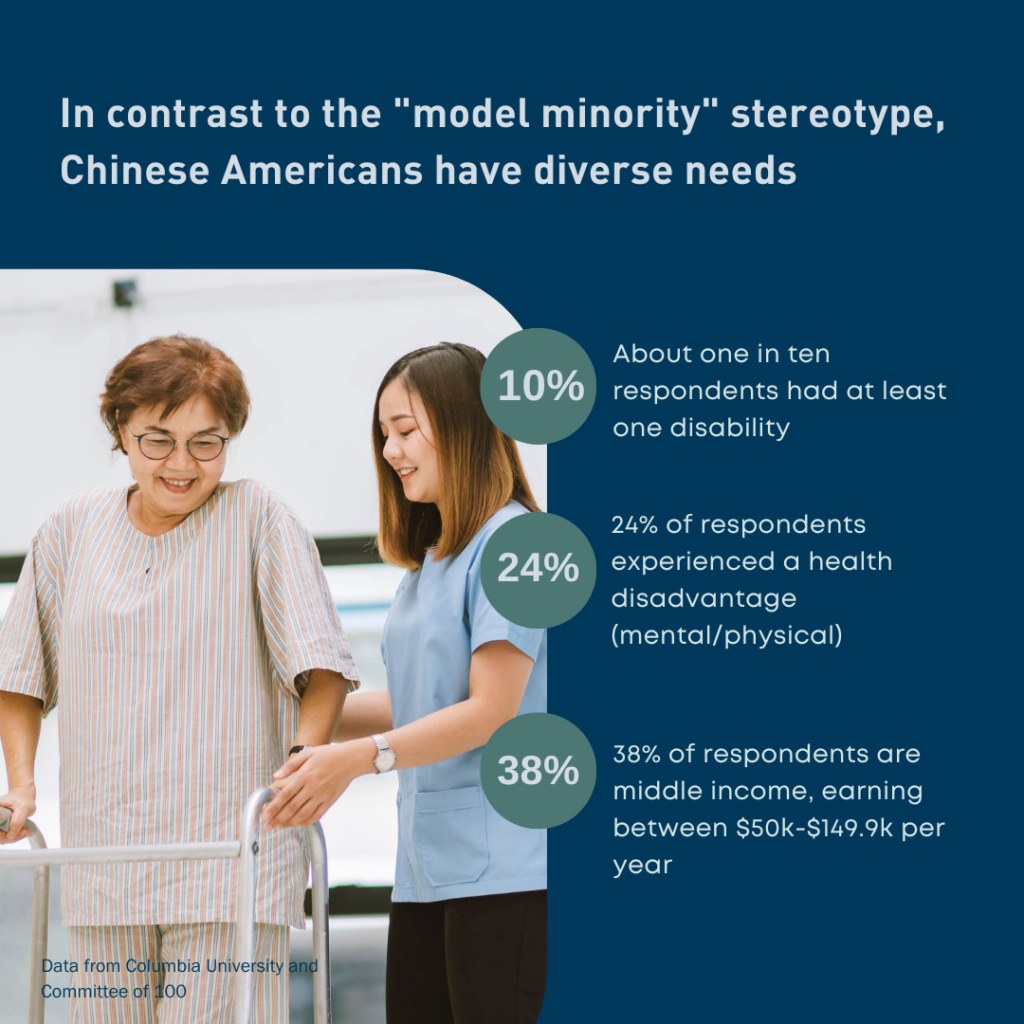The rise of anti-Asian racism during the COVID-19 pandemic demonstrated how U.S.-China relations affect domestic discussions on race, and how issues of race can influence U.S. policies. The National Committee recognizes that relations between the two countries not only affect both countries’ politics and economies, but also play out in how we interact with and understand each other on an individual and community level.
Read NCUSCR’s Statement on Anti-Asian American Violence and Hate Crimes
What is Anti-Asian Racism?
How does anti-Asian racism impact Chinese students in the U.S.?
China sends more students to study in the United States than any other nation, with around 300,000 Chinese national students studying here each year. How do bilateral U.S.-China tensions impact these students and their academic experiences? As we commemorate Asian American and Pacific Islander (AAPI) Heritage Month, how can U.S. universities better fight for AAPI inclusion and against anti-Asian racism?
Confronting Anti-Asian Racism
Stop AAPI Hate Co-Founder Russell Jeung addresses the alarming reports of violence and crimes committed against Asian Americans over the past year. He examines the racist beliefs that often motivate perpetrators, discusses the influence of social media, and offers a hopeful look at how Asian American communities and their allies are standing up to injustice nationwide.
What is the Model Minority Myth?
The ‘Model Minority’ Myth
Asian Americans are often stereotyped as a “model minority.” UC Boulder Professor of Ethnic Studies Jennifer Ho and Queens College President Frank H. Wu measure this stereotype and its damaging repercussions against a history of Asian American activism and solidarity among minority groups, deconstructing the myth that still exists today.
Survey: The State of Chinese Americans
What do Chinese American communities in the U.S. look like today–economically, socially, and culturally? Columbia University’s School of Social Work and Committee of 100 recently announced the results from a year-long survey that looked specifically at the health, economic, and sociopolitical conditions of today’s Chinese American population. The “State of Chinese Americans” survey, with nearly 6,500 participants across 46 states, is the first and largest project of its kind to date
China Initiative and Academic Collaboration
Gang Chen’s Story and the End of the China Initiative
MIT Professor Gang Chen joins National Committee President Stephen Orlins to talk about the end of the China Initiative, including what it means to him personally, and to the broader scientific community.
The Future of U.S.-China Scientific Research Collaboration
Despite the official termination of the China Initiative in February 2022, the impact is still palpable. The National Committee hosted a virtual program with Yangyang Cheng, Steven Chu, and Eileen Guo, moderated by Margaret Lewis, as they discussed the future of U.S.-China research cooperation and security.
Past Programs
How Music Became a Bridge Between Black Culture and China
Did you know African American jazz musicians have profoundly impacted China’s cultural landscape? Professor Marketus Presswood delves into this fascinating history, revealing how black culture and music reshaped Chinese traditions.
What it’s Like to Study in China as a Black Man
Explore the transformative journey of a Black American student in Beijing, China. Venturing abroad in 1997, Dr. Marketus Presswood navigates the complexities of identity and race, confronting stereotypes and discovering a new sense of self beyond American racial dynamics.
Confronting Anti-Asian Racism: Anti-China Foreign Policy and Legislative Change
The National Committee held a virtual two-part program on April 12, 2021 in which Jessica J. Lee and Ian Shin discussed the impact of anti-China political rhetoric on the current domestic U.S. climate, and Congresswoman Judy Chu addressed anti-Asian racism through legislative change.
Anti-Asian Racism in the United States: Current Issues and Sino-U.S. Relations
The National Committee convened leaders in the Chinese-American community on August 5, 2020 to share their insights into and experiences of the critical issues of racism. Speakers Anla Cheng, Erika Lee, and Nancy Yao Maasbach joined moderator and NCUSCR board member Jerry Yang to discuss discrimination, generational divides, the model minority myth, and Sino-American relations.
The Coronavirus, Anti-Asian Racism in the United States, and Sino-American Relations
The National Committee held a virtual discussion on June 2, 2020 with Professor Jennifer Ho and author John Pomfret on the history of anti-Chinese/Asian racism in the United States, the impact of coronavirus-related racism, and the importance of uniting across our communities against all forms of discrimination. The webinar was moderated by NCUSCR Senior Director of Development Yong Lu.
Related Resources
How Political Rhetoric Inflames Anti-Asian Scapegoating by Stop AAPI Hate
The Vincent Chin Legacy Guide by the Vincent Chin Institute
Contemporary Black/Asian Solidarity by Cross-Cultural Solidarity
A Different Asian American Timeline by Asian American Timeline
Resources for Asian and AAPI Students Experiencing COVID-19 Related Harassment by Harvard University
Teaching China through Black History by Keisha A. Brown and Ruodi Duan
Black China Caucus
“Blackness in Modern China: W.E.B. Du Bois and Chinese Representations of Blackness” by Keisha A. Brown
“The Necessity of Teaching Asian American History” by Erika Lee
“What So Many Get Wrong About Racism in the Workplace” by Fingerprint for Success
“Mom, Dad, Uncle, Auntie, Grandfather, Grandmother, Family” by Letters for Black Lives
“A letter from a Yale student to the Chinese American Community” by Eileen Huang
“Eileen Huang: My Response” by Eileen Huang
“George Floyd, Tou Thao, and Asian American Anti-Blackness in our Communities” by Rachel Ramirez
“It’s time for Asian Americans to Unite in Solidarity with Black Americans” by Jeff Yang
“NPR: ‘Model Minority’ Myth Again Used As A Racial Wedge Between Asians And Blacks” by Kat Chow
“A Minority in the Middle Kingdom: My Experience Being Black in China” by Marketus Presswood
Yellow Jazz Black Music by Marketus Presswood
The Danger of a Single Story featuring Chimamanda Ngozi Adiche
The History of Anti-Blackness in China and Sino-Black Relations featuring Keisha A. Brown
The Urgency of Intersectionality featuring Kimberle Crenshaw
Racial Contagion, Racial Enclosure: Yellow Peril and Black Life featuring Tao Leigh Goffe
Mississippi Delta Chinese featuring Dolly Li
Minor Feelings by Cathy Park Hong
An American Dream: The Life of an African American Soldier and POW Who Spent Twelve Years in Communist China by Clarence Adams
The African American Encounter with Japan and China: Black Internationalism in Asia, 1895–1945 by Marc Gallicchio
How to be an Antiracist by Ibram X. Kendi
Yellow: Race in America Beyond Black and White by Frank Wu
The Chinese Must Go by Beth Lew-Williams
Racial Reconstruction: Black Inclusion, Chinese Exclusion, and the Fictions of Citizenship by Edlie L. Wong
The East is Black: Cold War China in the Black Radical Imagination by Robeson Taj Frazier
The Making of Asian America: A History by Erika Lee
Racial Ambiguity in Asian American Culture by Jennifer Ho
Related Graphics
